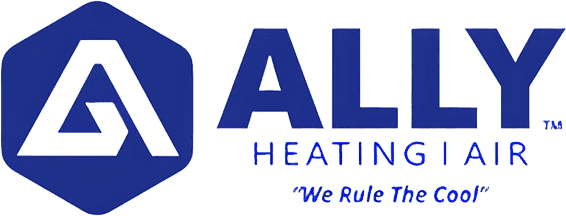Indoor air quality is vital to maintaining a healthy and comfortable living environment. The air filter is one of the most critical components of your HVAC system that directly impacts indoor air quality. In this blog post, we will discuss the role of HVAC filters in enhancing indoor air quality, the different types of filters available, and how to know when it's time for a replacement. By understanding these aspects, you can ensure that your home stays free of allergens, pollutants, and other airborne contaminants.
The Role of HVAC Filters in Indoor Air Quality
HVAC filters are crucial in maintaining indoor air quality by trapping airborne particles like dust, pollen, pet dander, and mold spores. If left unchecked, these particles can cause allergies, asthma attacks, and other respiratory issues. According to the Environmental Protection Agency (EPA), indoor air can be 2 to 5 times more polluted than outdoor air, making it essential to have an efficient HVAC filter.
Types of HVAC Filters
Several types of HVAC filters are available, each with advantages and disadvantages. Some of the most common types include:
- Fiberglass filters are the most basic and affordable filters made from spun fiberglass material. They provide minimal filtration and need to be replaced frequently.
- Pleated filters: Made from polyester or cotton folds, these filters offer better filtration than fiberglass filters. They can trap smaller particles and last longer.
- Electrostatic filters: These filters use an electrostatic charge to attract and trap particles. They are washable and reusable, making them a more environmentally friendly option.
- HEPA filters: High-Efficiency Particulate Air (HEPA) filters are the gold standard in air filtration, capturing up to 99.97% of particles as small as 0.3 microns. They are ideal for allergy sufferers and those with respiratory issues.
When choosing a filter, consider factors such as your specific needs, budget, and the level of filtration required. The American Society of Heating, Refrigerating, and Air-Conditioning Engineers (ASHRAE) recommends using filters with a Minimum Efficiency Reporting Value (MERV) rating of 6 to 13 for residential applications.
When to Replace Your HVAC Filter
Regularly replacing your HVAC filter is essential for maintaining optimal indoor air quality and ensuring the efficiency of your HVAC system. A clogged filter can restrict airflow, causing your system to work harder and consume more energy. Here are some general guidelines for filter replacement:
- Fiberglass filters: Replace every 30 to 60 days
- Pleated filters: Replace every 90 days
- Electrostatic filters: Clean every 90 days and replace as needed
- HEPA filters: Replace every 12 to 18 months
These guidelines may vary depending on the presence of pets, allergy sufferers, or smokers in your home. It's essential to check your filter regularly and replace it as needed to maintain optimal indoor air quality.
At Ally Heating | Air, we understand the importance of clean indoor air and HVAC filters' role in maintaining it. Our team of experts can help you choose the right filter for your needs and provide professional installation and replacement services.
Contact Ally Heating | Air today to learn more about our HVAC filter solutions and how we can help you breathe easier in your Pantego, TX home!

